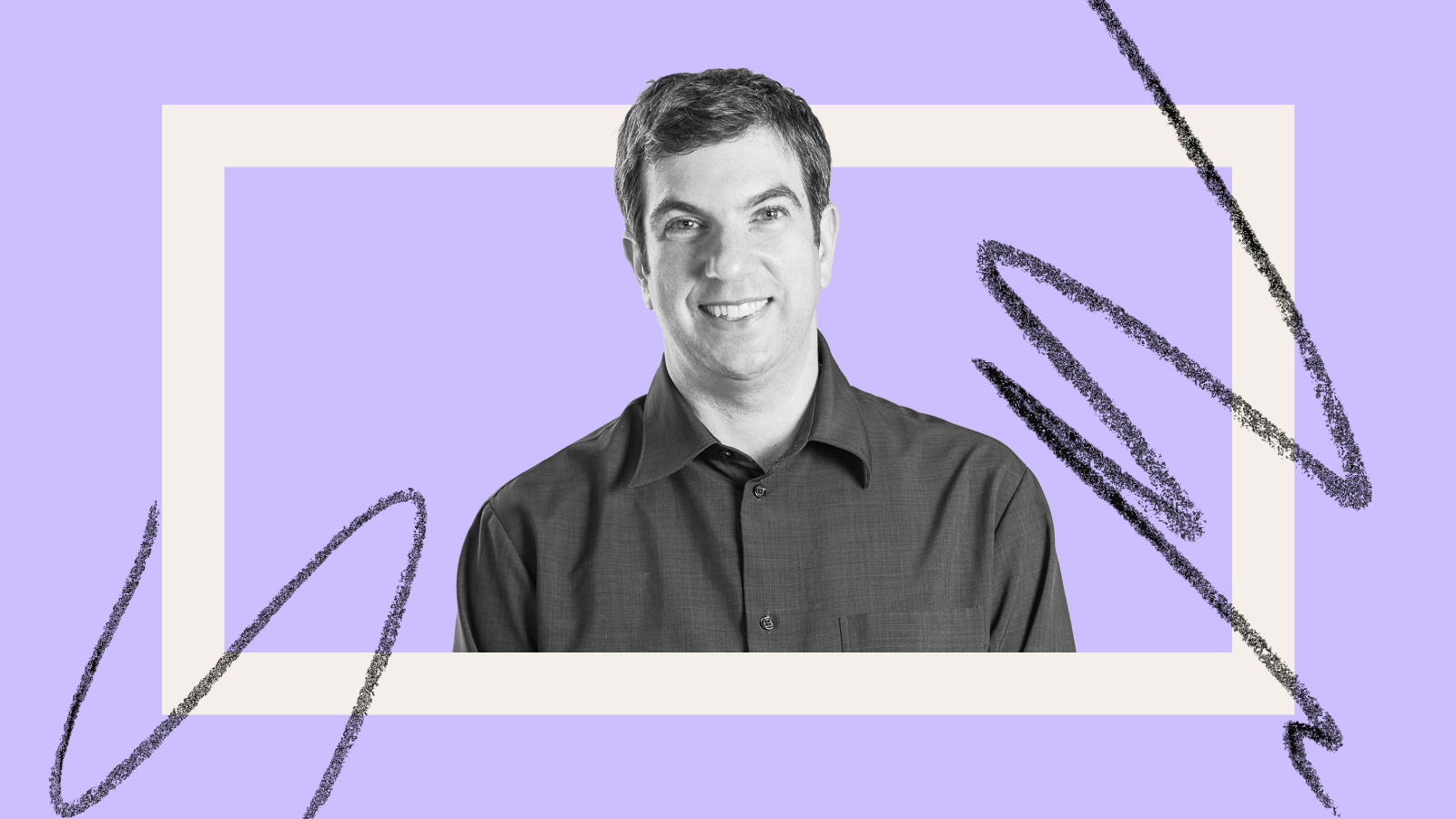4 tips to strengthen the force of your opinions

Photo credit: Mimi Thian on Unsplash
Opinions are abundant these days — but there’s more to having one than expressing it. Having an opinion is a responsibility, as philanthropist and Warren Buffett business partner Charlie Munger explains: “You’re not entitled to take a view, unless and until you can argue better against that view than the smartest guy who holds that opposite view,” reports Farnam Street. “If you can argue better than the smartest person who holds the opposite view, that is when you are entitled to hold a certain view.”
That’s a radically different definition of an opinion than most people accept. But building opinions in Munger’s framework makes conversation between people with wildly varying opinions much easier — and allows them to overcome those opinions to create mutual solutions. In that spirit, here are 4 steps we can all take to build better opinions:
1. Do the work
“You have to do the reading,” Farnam Street urges. “You have to talk to anyone you can find and listen to their arguments. You have to think about the key variables that govern the interests.” In gathering as much information as possible about the thing you want to have an opinion about, you’re utilizing critical thinking skills. Those skills don’t just help you absorb information; it helps you determine which information is trustworthy, which is more important than ever with the rise of fake news. Critical thinking skills are the best first defense here, and Lifehacker suggests three ways to test information: 1) think about who benefits from a statement, 2) question the source, and 3) look for obvious statements.
2. Check yourself
Implicit biases are real, and they heavily influence opinions. Your brain uses them as shortcuts to make decisions. Having them does not make you a bad person. But knowing where your biases are — “your limits, incentives, and weaknesses,” as Farnam Street puts it — goes a long way toward helping you understand your own proclivities toward information. One of the most influential biases is confirmation bias, or “the brain’s tendency to… look for information that confirms that initial hunch and kind of ignores everything else,” as psychology Heidi Grant Halvorson told us. “Basically what that means is the information we learn first about another person disproportionately shapes our understanding of them afterward.” The same is true of opinions; our first impression of something shapes how we perceive all additional information we learn about it — even if that new information directly contradicts it. That’s a real problem, and neuroscientist David Eagleman told us how to overcome it here:
3. Think rationally, not emotionally
The most difficult part of holding an opinion is the emotional pain you experience when it’s questioned. “Cognitive dissonance kicks in,” as Skeptic Magazine founding publisher Michael Schermer told us. ““These are my beliefs and you’re telling me I’m wrong? Okay, whoa. I’m going to double down.”” People react defensively and discourse is shut down. Yet by reacting defensively, people entrench themselves in spurious thinking, as Deakin University professor Patrick Stokes wrote for The Conversation:
The problem with ‘I’m entitled to my opinion’ is that, all too often, it’s used to shelter beliefs that should have been abandoned. It becomes shorthand for ‘I can say or think whatever I like’ and, by extension, continuing to argue is somehow disrespectful. If ‘everyone’s entitled to their opinion’ just means no one has the right to stop people thinking and saying whatever they want, then the statement is true but fairly trivial. But if ‘entitled to an opinion’ means ‘entitled to have your views treated as serious candidates for the truth’ then it’s pretty clearly false.
4. Become your best critic
“We’re very inclined to take subjective confidence at face value,” Nobel Prize winning economist Daniel Kahneman told us. “To assume that if an individual feels confident in a judgment or in a decision then that must be valid. People are extremely confident even when they don’t know what they are talking about or don’t know what they are doing.”
The best way to overcome this tendency is to apply your inner critic. That doesn’t mean treating your own ideas as garbage; it means honing your ability to give yourself constructive feedback. “The Inner Critic isn’t the enemy, just an over-zealous friend who’s delivering the criticism too forcefully and without considering your feelings,” 99u explains. “The trick is to get the Critic back “onside,” delivering genuinely constructive criticism. Like the inspiring mentor who urged you to do your best and didn’t accept anything less – but with a supportive and encouraging tone of voice.” They offer two tips to do that: thanking your inner critic (and placating its meaner tendencies with flattery), and asking it “What can I do better here?” when it pipes up to focus it on positive action steps.
All of that is important because it allows you to keep learning. “You have to keep learning because [the] world keeps changing and competitors keep learning,” Charlie Munger urged in 2010. “You have to go to bed wiser than you got up.”





